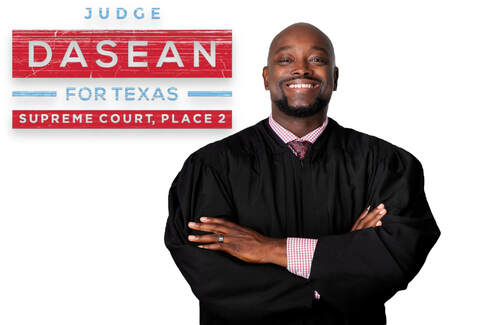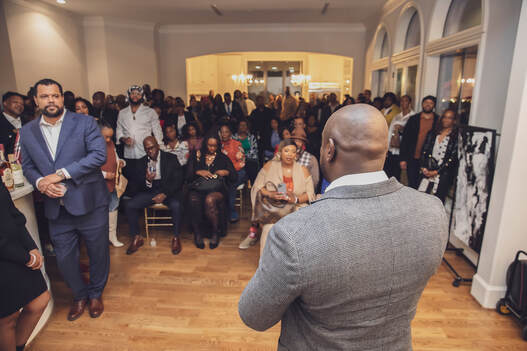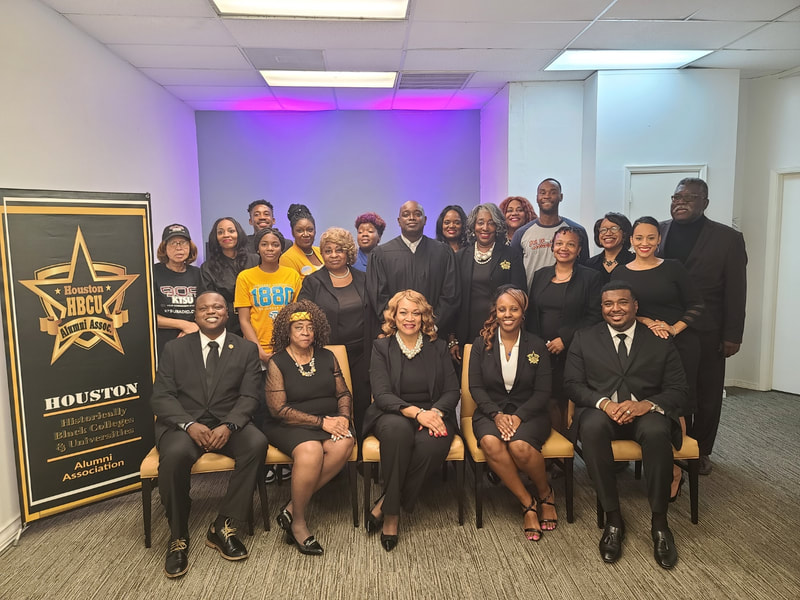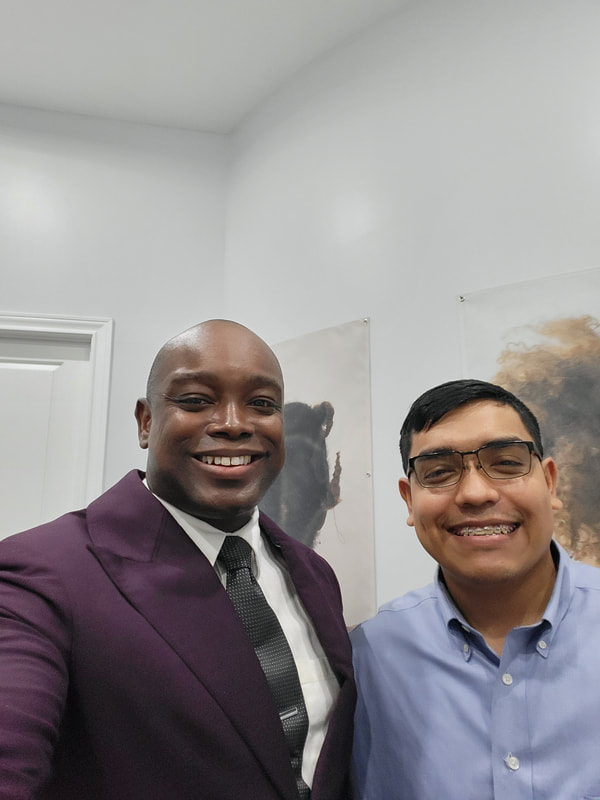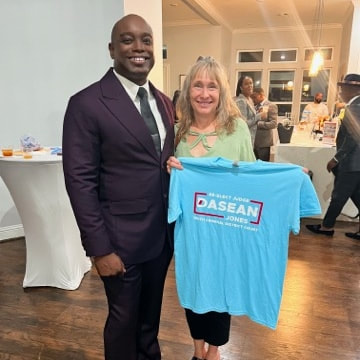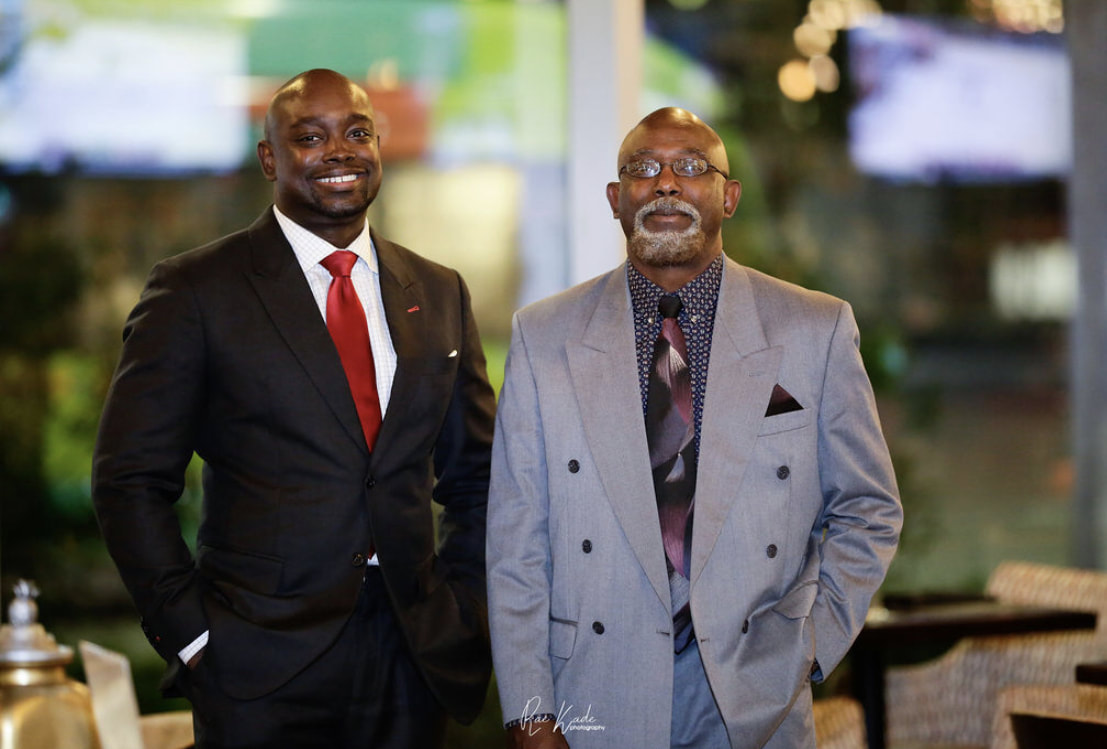Judge DaSean Jones is a combat veteran, district judge, and public servant. Judge Jones presently serves as a Texas district court judge. He is a husband, father, and decorated veteran with over 22 years of service. He continues to serve his country as an Army Reserve officer.
In Texas, the constitutional rights of everyday citizens across the state are being attacked by individuals who espouse far-right ideologies and engage in extreme actions to promote their beliefs. The rule of law should not be confused for the preservation of conformist values, nationalism, or ethnocentrism. More importantly, they should not be clouded by anti-immigrant, anti-semitic, anti-black, or other caustic beliefs.
The cornerstone of justice is fairness and impartiality. Diversity of experience and perspective is vital in order to ensure the law is applied with meaningful equity. Judge Jones has worked hard to ensure just treatment and fairness is applied to every person that enters the courtroom.
In Texas, the constitutional rights of everyday citizens across the state are being attacked by individuals who espouse far-right ideologies and engage in extreme actions to promote their beliefs. The rule of law should not be confused for the preservation of conformist values, nationalism, or ethnocentrism. More importantly, they should not be clouded by anti-immigrant, anti-semitic, anti-black, or other caustic beliefs.
The cornerstone of justice is fairness and impartiality. Diversity of experience and perspective is vital in order to ensure the law is applied with meaningful equity. Judge Jones has worked hard to ensure just treatment and fairness is applied to every person that enters the courtroom.
|
Judge Jones was inspired by his dad, a U.S. Army Veteran and ultimately earned a four-year Army ROTC scholarship. As an Army officer, he led troops in combat during his deployments to Iraq. Leaning on the many lessons taught by his mother, Judge Jones return from his second tour in Iraq motivated him to pursue his dream of attending law school.
As a child, DaSean was able to live abroad and visit historical sites such as Auschwitz, Anne Frank's house, and other notable examples of social injustice and abuse of power. Each of those encounters helped mold his perspective on how to treat people and why it is important to apply fairness and neutrality as a member of the judiciary. |
Judge DaSean Jones made history and became the first combat veteran and minority to preside over the 180th Criminal District Court. As a Judge, he believes that "fair is fair" and the law must be applied as it is written and not adjusted or abated to support subjective interests. Financial status, connections, and other variables not available to everyone should not come into play in regard to the administration of justice.
Judge Jones ran for office because he was offended by the leaders who didn't seem to understand the sacrifices of so many men and women he served with who were willing to or paid the ultimate sacrifice because of a belief in this great nation. Judge Jones's fondest achievements are being a husband and father of two.
|
